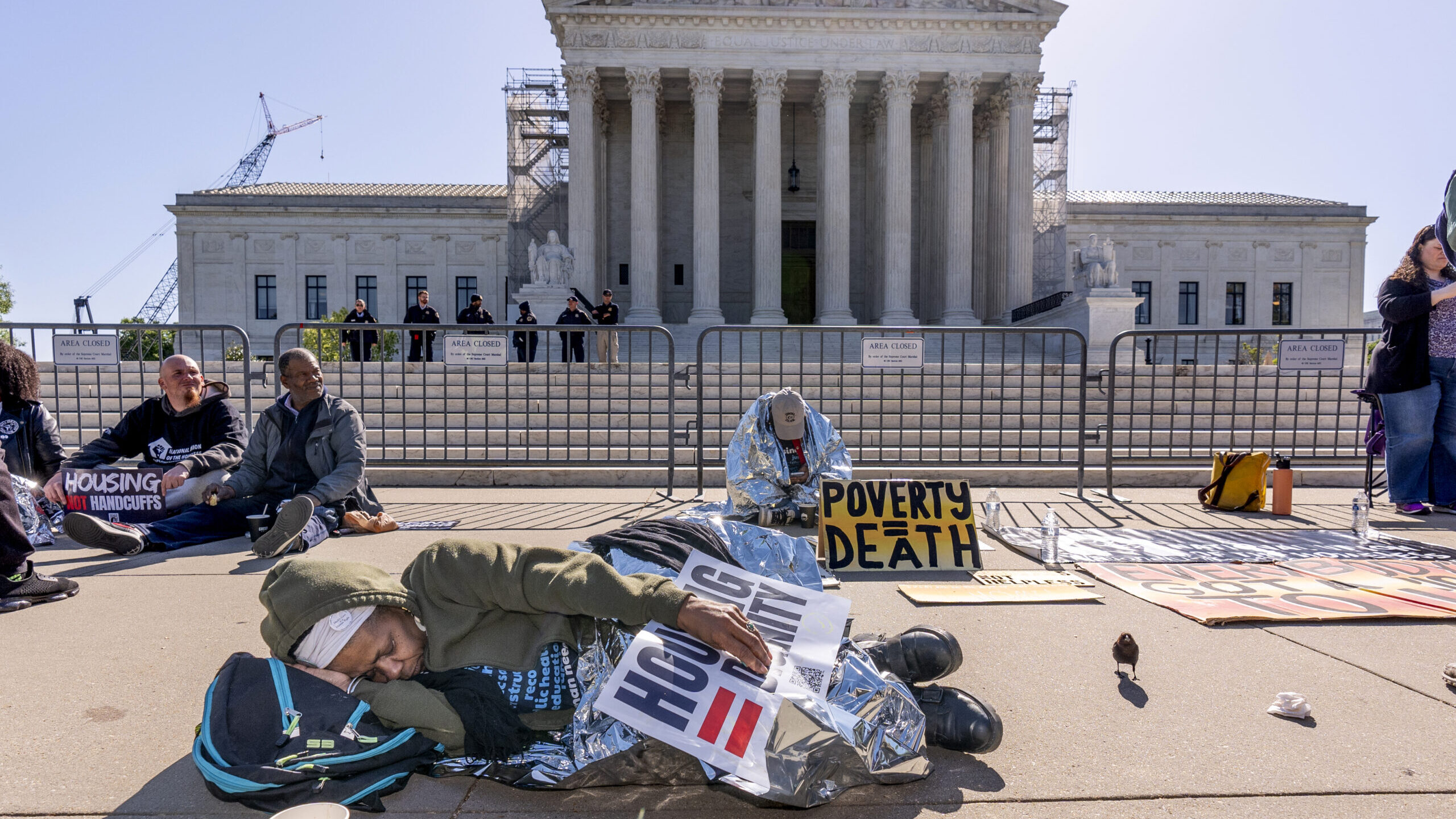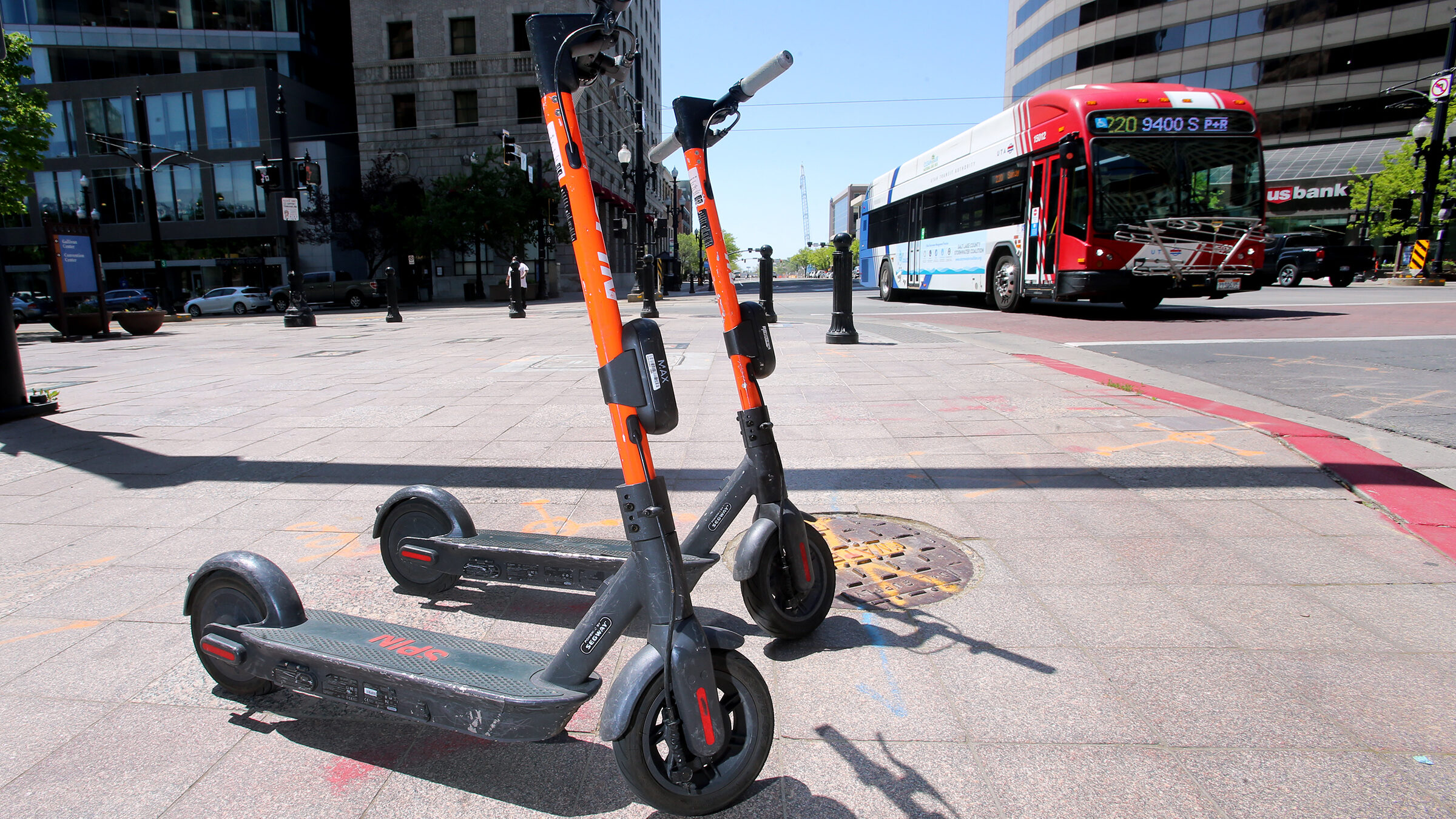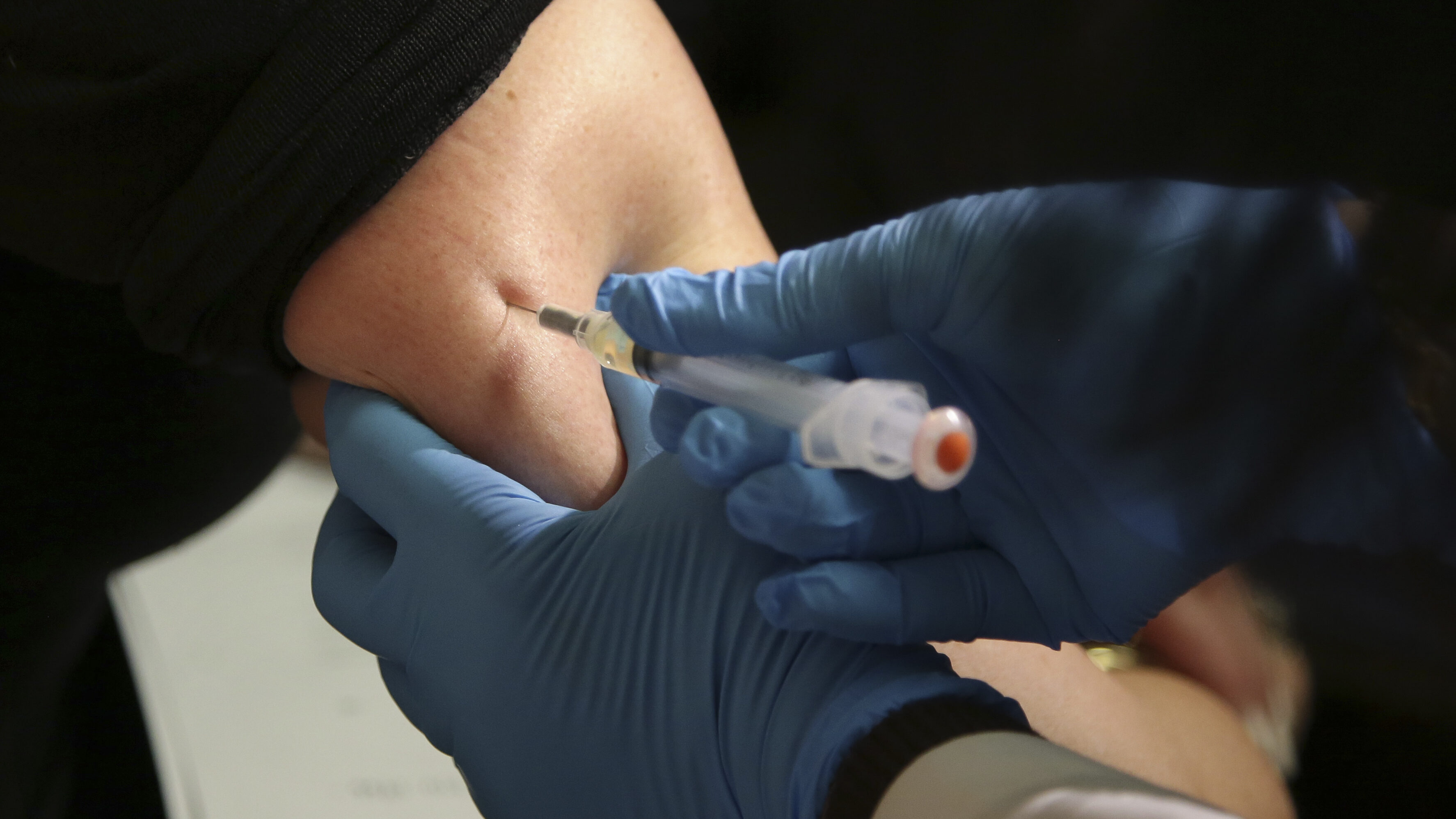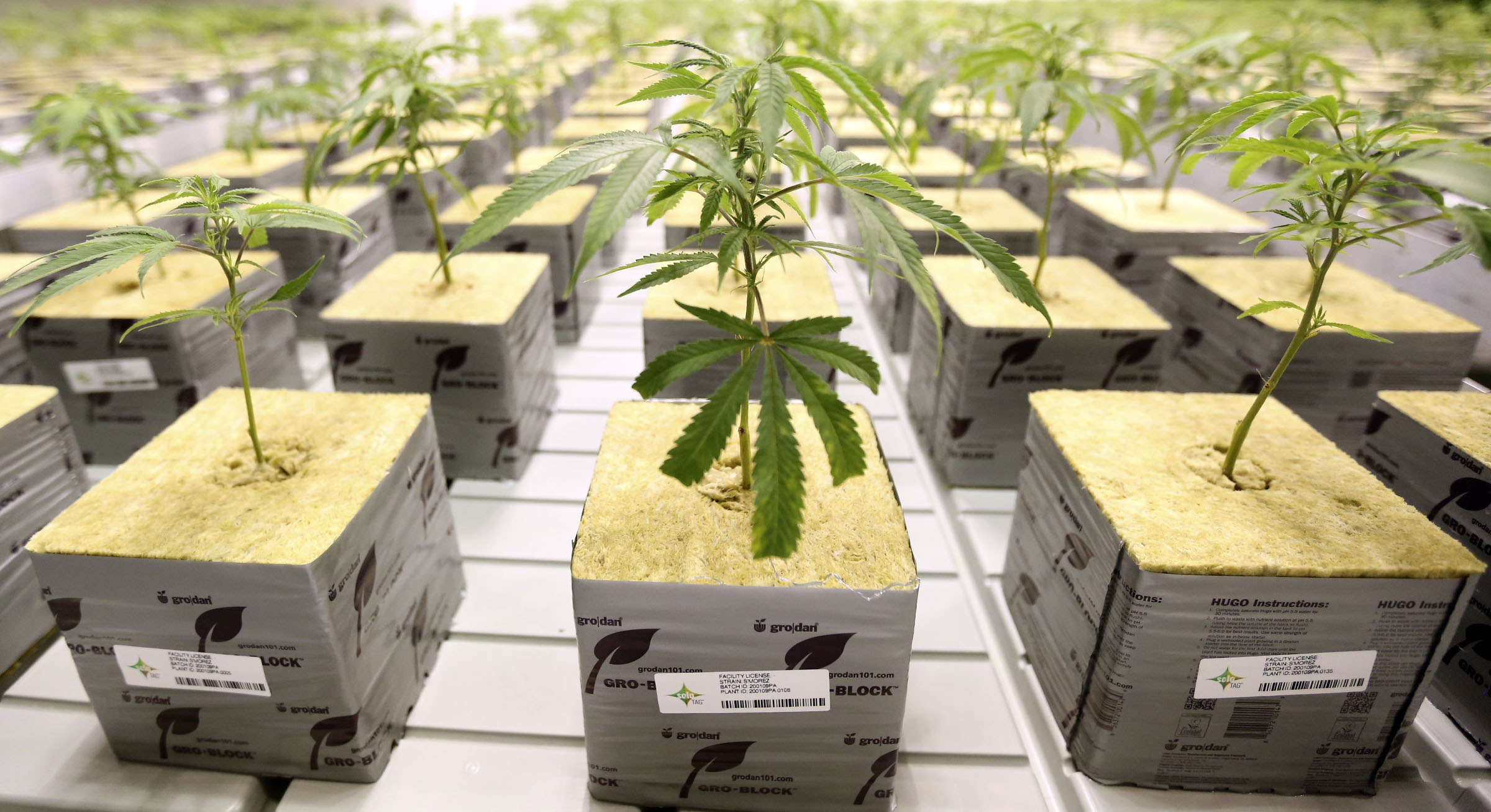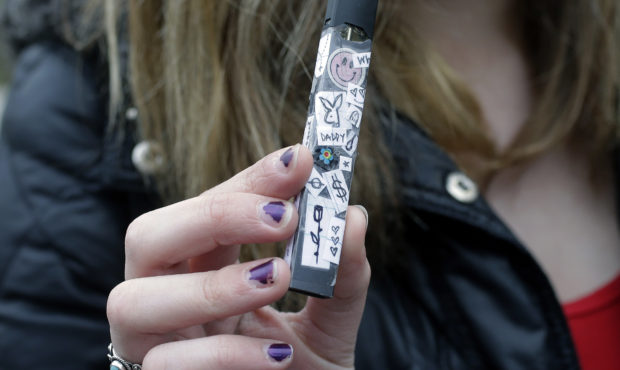Intentionally coughing on an officer may be a new crime
Jun 16, 2020, 8:55 PM | Updated: 8:59 pm
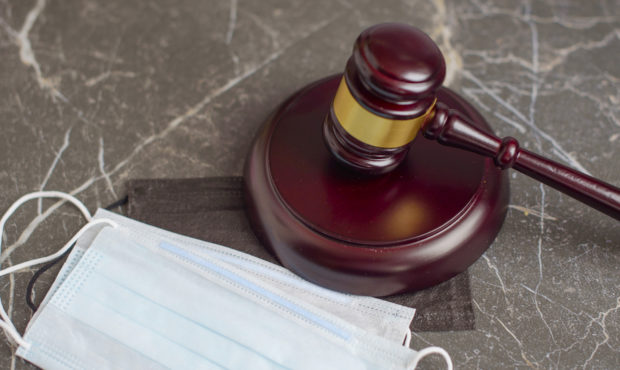
(Picture Credit: Getty Images)
(Picture Credit: Getty Images)
SALT LAKE CITY— Utah lawmakers are considering a new law; if you intentionally cough on a police officer, first responder or correctional worker while they are on the duty, it is a crime.
However, it is near impossible to decide if a cough, what is known to be an involuntary movement by the body, is intentional. The reason behind this new law surrounds the coronavirus.
Senator Karen Mayne, D-West Valley City says there’s a need for change because people are intentionally coughing on officers and claiming they have COVID-19. Senator Mayne stated the law already covers bodily fluids so an intentional cough would be more clarification.
The proposed law would cover “airborne droplets of another individual who is infected with COVID-19 or another infectious disease that may cause Severe Acute Respiratory Syndrome.”
In other words, the law will cover an intentional cough onto an on-duty officer. Representative Eric Hutchings, R-Kearns, stated the law would ensure individuals are not using a cough as a “weapon” with ill intent.
Salt Lake City Police Chief Mike Brown said he can’t comment on whether any of his officers have been infected with COVID-19 as a result of an intentional cough. However, Cheif Brown recalls being spat at multiple times during an arrest and thinks the law should be enforced during the quarantine.
Under its original language, the bill makes an intentional, direct cough on an on-duty public safety worker a class B misdemeanor. It then becomes a class A misdemeanor if the person infected with COVID-19 and knew they were infected. But the committee voted to remove that section from the bill Tuesday before advancing it to the full legislature later this week.
Though determining when a cough is intentional or not is highly subjective and dependent on the first responder themselves. Representative Kim Coleman, R-West Jordan, said, “We’re having a response to a situation where we have either no data or data that might contradict the level of response this bill is seeking.”
Tensions are running high with fears of contracting the coronavirus. “It’s just simply in a case where somebody either says they’re trying to get you sick or is doing it in a way to make you afraid for your life or your health,” Hutchings said.
The bill will be reviewed by the full legislature in a special session this Thursday.



